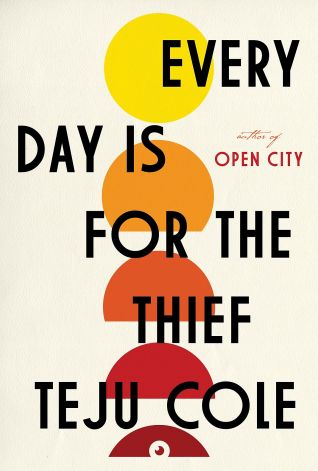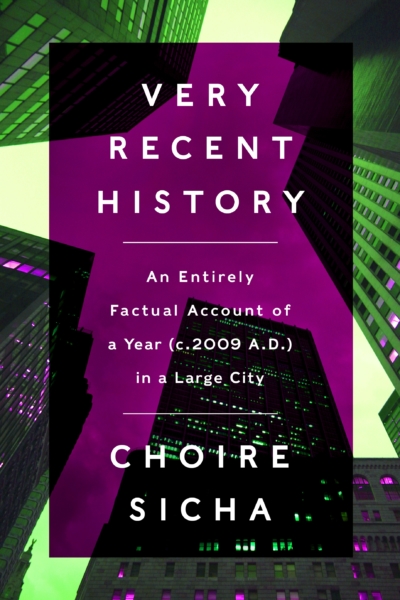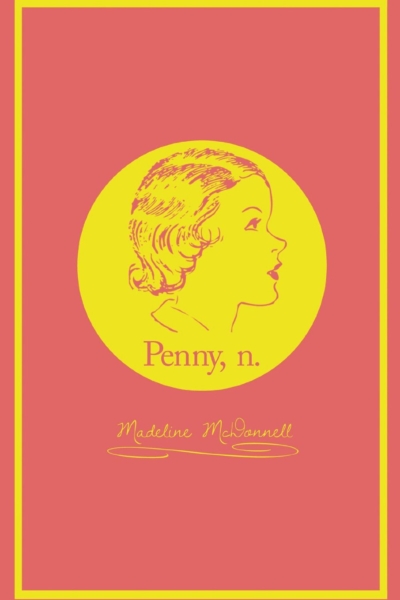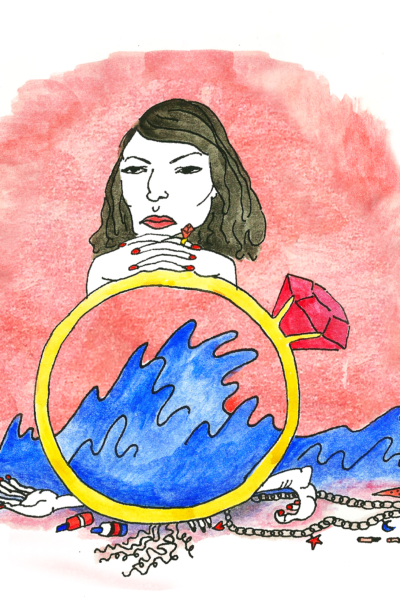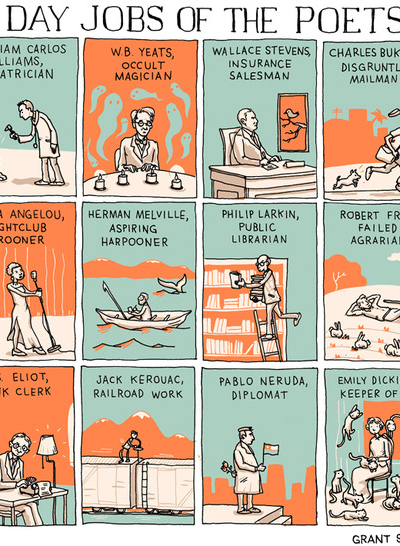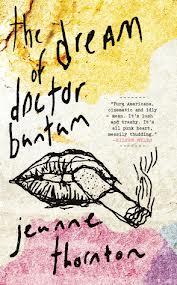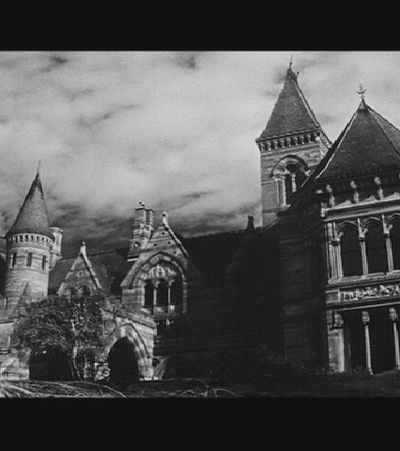I dive off the cliff after my computer. I catch it, but I die.
Every Day Is for the Thief – Teju Cole
As much as I like reading Cole online, the experience of reading his work in a big chunk is sharper and feels more complete.
Language can only describe our changing world if we let language change with our world.
Very Recent History – Choire Sicha
Sicha makes us remember those intense moments and the tangles of our lives, both emotional and financial, which is how Very Recent History gets under our skins.
Penny, n. (poetic play, played out in prose)
When a writer repeats words and phrases, they can break away form the usual way someone reads a word and make language have a different kind of emotional weight.
Unlike those classic tales written to interrupt moral panic, writing from the panicked perspective is a terrible narrative strategy. It isolates the reader or viewer from the characters and doesn’t allow for emotional engagement with the story.
A day job. That vile-sounding thing. If you type the words “day job” enough times, they start to seem like a sex act. A sex act you do for money.
The Dream of Doctor Bantam – Jeanne Thornton
Then I realized the problem: the cult wasn’t scary enough.
A Review of Warrior (Album Commentary) by Ke$ha
Ke$ha (or, as The New York Times calls her, “Kesha”) released a commentary album on Spotify for her new album, Warrior; it’s approximately ten and a half minutes of Ke$ha talking and it’s fantastic.
Why Don’t They Just Leave? Revisiting THE HAUNTING OF HILL HOUSE
Why don’t they just leave? What is keeping them inside? The answer in the best haunted house literature is, they don’t leave because they cannot.




